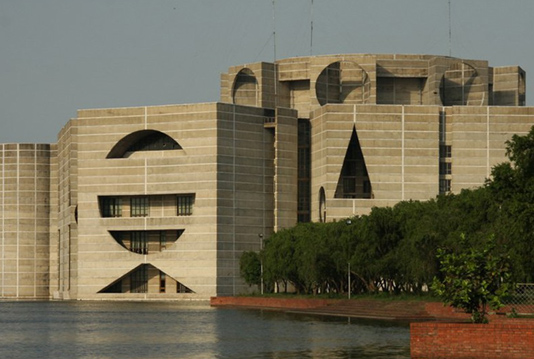SANGSAD BHABAN, Jan 26, 2020 (BSS) – Home Minister Asaduzzaman Khan Kamal today
said Bangladesh is closely observing India’s internal situation over the Citizenship Amendment Act (CAA) and National Register of Citizens (NRC), considering the issues as the ‘internal matters’ of the neighbouring country.
“We consider the CAA as the internal matter of India. We, however, are closely monitoring the internal situation of our neighbour in this regard,” he said.
The home minister made the remarks while replying to a starred question raised by treasury bench member Ashim Kumar Ukil in the House with Speaker Dr Shirin Sharmin Chaudhury in the
chair.
Kamal said the Indian government has recently planned to implement the CAA and NRC in
different states of the country as per their own policy.
“But the controversy that has been created over the bill (CAA) can be viewed as a part of
India’s internal politics,” he said.
Terming India as a friendly neighbor of Bangladesh, the home minister said the good
neighbbourly relations between Bangladesh and India are continuing.
“We do believe that as a neighboring country, the Indian government will pay a full attention to their strong mutual trust, amity and understanding with the Bangladesh government and its people while taking steps on the basis of their political commitments,” he said.
Kamal pointed out that assurances have been given by the highest level from the Indian
government to the Bangladesh government that there will not be any ‘unwanted impact’ on its neighbour.
The home minister said the members of the paramilitary border force Bangladesh Border Guard (BGB) always remain in the highest alert to check any illegal intrusion from India.
He went on saying that the BGB is patrolling regularly inside the eight kilometers of ‘Zero Line’ while joint patrols are also underway by the BGB and taskforce outside the eight kilometers of the ‘Zero Line’.
Kamal added that the paramilitary force always takes stringent security measures to prevent any transborder crimes, including trespassing and smuggling, in the frontier areas.



